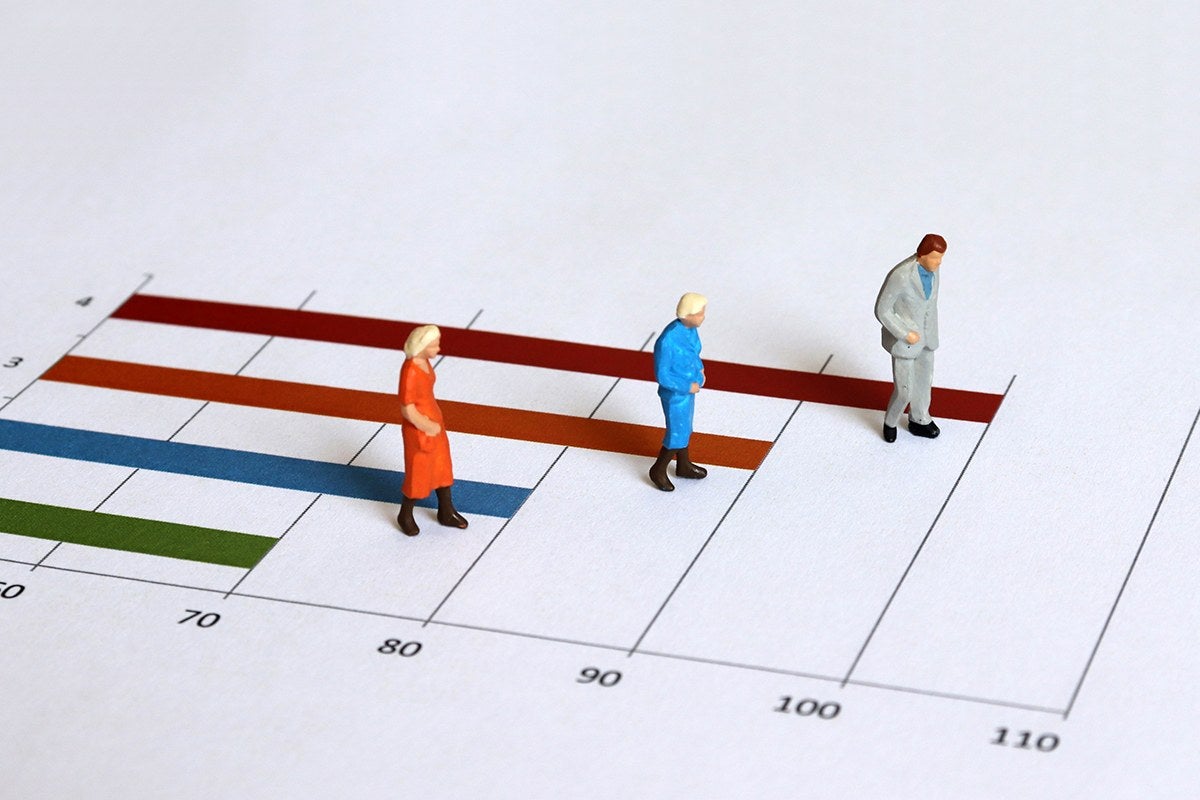Significant disparities in U.S. life expectancy found at census-tract level
Life expectancy in the U.S. varies widely when analyzed at the census-tract level providing a more detailed picture of health disparities.

Mapping diabetes prevalence among women in India
Diabetes rates among women in India were highest in the south and east, and lowest in the center of the country.
How to better understand the reach of COVID-19 in India
Like many countries, India has struggled to grasp the extent to which its population is affected by the COVID-19 pandemic. The country’s testing efforts have largely focused on at-risk individuals, including those with influenza-like symptoms, people who have…
History of neonatal deaths could help identify high-risk pregnancies
Mothers in India who had a history of neonatal death—defined as losing a child within 27 days of birth—were at the greatest risk of experiencing additional neonatal deaths, according to new research led by Harvard T.H. Chan School…
℞ for an Epidemic
A surge of opioid prescriptions launched an epidemic of substance use disorder in the U.S. Harvard Chan School researchers are piecing together how it happened—and how to stop it from happening again.

Op-ed: In India, population policy needs to go beyond the numbers alone
With a population of 1.37 billion and counting, India is poised to top China as the world’s most populous country by 2027. This poses policy, economic, and environmental challenges that the government will need to address. In an…
Some India legislators elected repeatedly despite poor nutrition among their constituents
Legislators in some parliamentary constituencies in India have been elected repeatedly for years, even though undernutrition remains problematic among the people they represent, according to a recent Harvard-led study. In an April 29, 2019 opinion piece in ThePrint,…
Population growth rate slows in India
India’s population growth rate has slowed substantially over the past decade, according to a new report from the United Nations Population Fund. More Indian women are using contraceptives for birth control and are using modern methods of family…
Researchers to study gender-based violence in Jordan
A team led by researchers from Harvard T.H. Chan School of Public Health will conduct a yearlong study of sexual and gender-based violence (SGBV) in Jordan.
In India, wealth linked to increased obesity, diabetes, high blood pressure risk
India's cardiovascular disease risk burden is highest among high socioeconomic status populations who have the highest rates of obesity, diabetes, and hypertension.